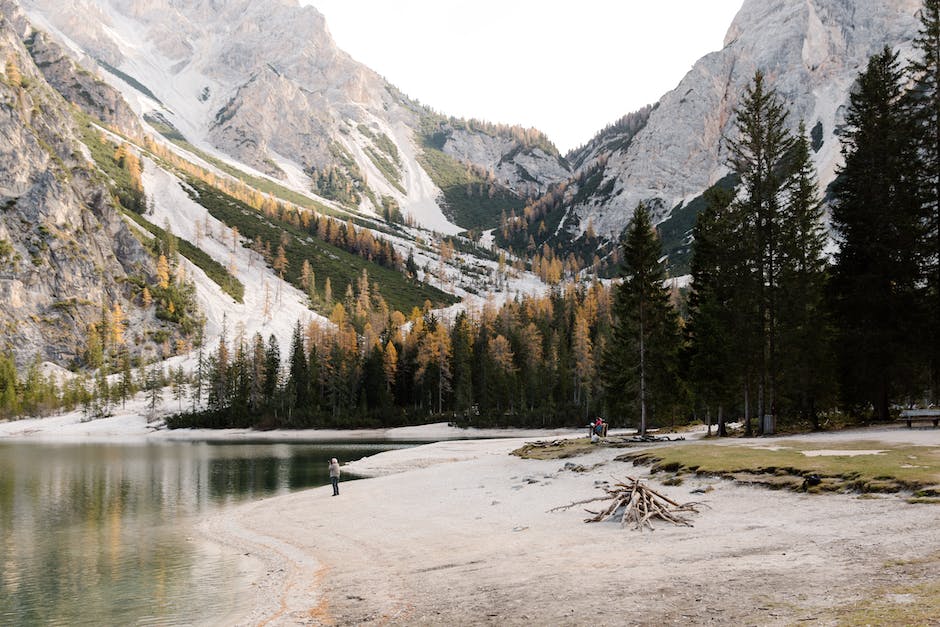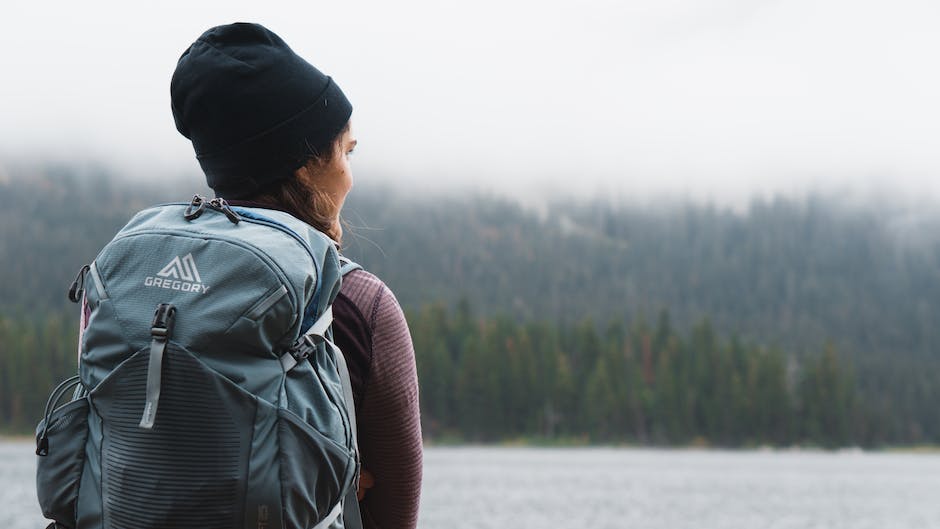How to Fall Asleep While Camping
If you’re a seasoned camper, you know the challenge of trying to drift off to sleep in unfamiliar and often uncomfortable environments. Whether you’re camping with your family, friends, a significant other, or solo, knowing how to keep calm and comfy while camping can be the key to a successful camping trip. Here’s a quick guide to help you fall asleep while camping, so you can make the most out of your camping adventure.
[recommendations keyword=’how-to-fall-asleep-while-camping’]
Create a relaxing atmosphere
The atmosphere is incredibly important for a good night’s sleep, no matter where you’re sleeping. If your campsite is equipped with lights, turn them off – the light can interfere with your sleep cycle. Instead, bring a few candles or battery-powered lights, or hang some string lights around your tent, so you can enjoy some mild light without having to be in complete darkness. A little rustle of leaves or the gentle chirping of crickets can be particularly calming when it’s time for bed. If you’re in a tent, you can bring some soft blankets and extra pillows to make your campsite more cozy and inviting, If you’re sleeping under the stars, make sure your sleeping bag and blanket is well insulated and zipped up so no drafts sneak in.

Choose your sleeping area wisely
No matter the type of camping, always make sure you’re sleeping in a well-ventilated, sheltered area with plenty of room for your belongings. If you’re in a tent or cabin, choose an area that’s away from the noise and far enough away from any sources of light.
If you’re camping outdoors and in extreme weather conditions, make sure your tent is properly secured, and your sleeping bag is well insulated – otherwise you may end up having a rather cold and fitful night’s sleep. If you’re camping in winter, be mindful of the rising and setting of the sun, so that when you’re ready to rest, you’re not facing its full glare.

Mental Awareness
Pre-sleep mental preparation is oftentimes overlooked, but it can mean the difference between a fitful or peaceful sleep. Studies have found that mindfulness practices such as meditation and deep breathing can help to alleviate the stress and anxiety that come with having to get comfortable in unfamiliar environments or odd sleeping arrangements.
Before bed, take time to think about your day, and practice some deep breathing exercises in order to relax your body and mind. The key is to remain calm and focused on your breathing, paying attention to the feeling of the air entering and leaving your body. This can help you to let go of any worries and enter a space of deep relaxation, putting you in the right mental state for a good night’s sleep.

Listen to calming music
Soft and calming music can help you to relax and ease into sleep. Listening to the same music every night before bed can overstimulate your brain and make it difficult to wind down and relax. Choosing a different, soothing type of music that isn’t overly familiar can help to calm your body and mind. Try to choose something without lyrics, or if lyrics are your thing, then stick to music with slower lyrics and a gentle melody.
If you’re a tech person, there are many relaxation app available online that can help out when it comes to getting settled and winding down before bed. With these apps, you can customize your music depending on your mood, with a wide selection of musical genres, like ambient, classical, or acoustic.
Wrap Up
Getting your body and mind into the pre-sleep state can require some extra effort on your part, especially if you’re camping in less than ideal conditions. With some preparation and the right sleeping environment you can make the most of your camping trip and make sure that you achieve a full, restful night’s sleep under the stars.